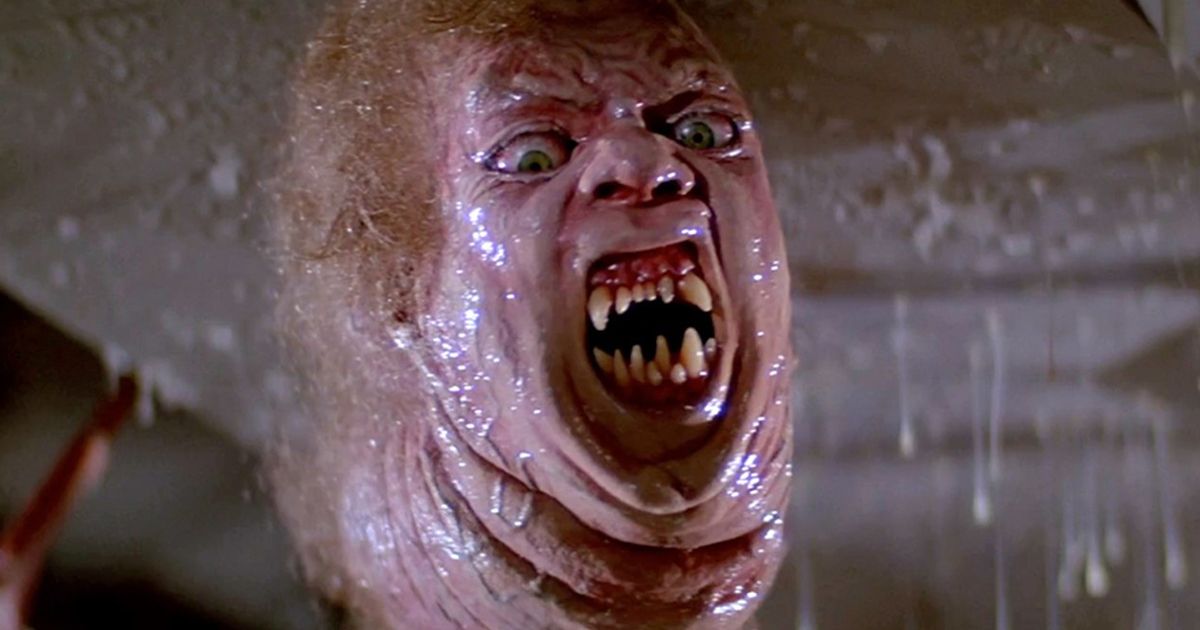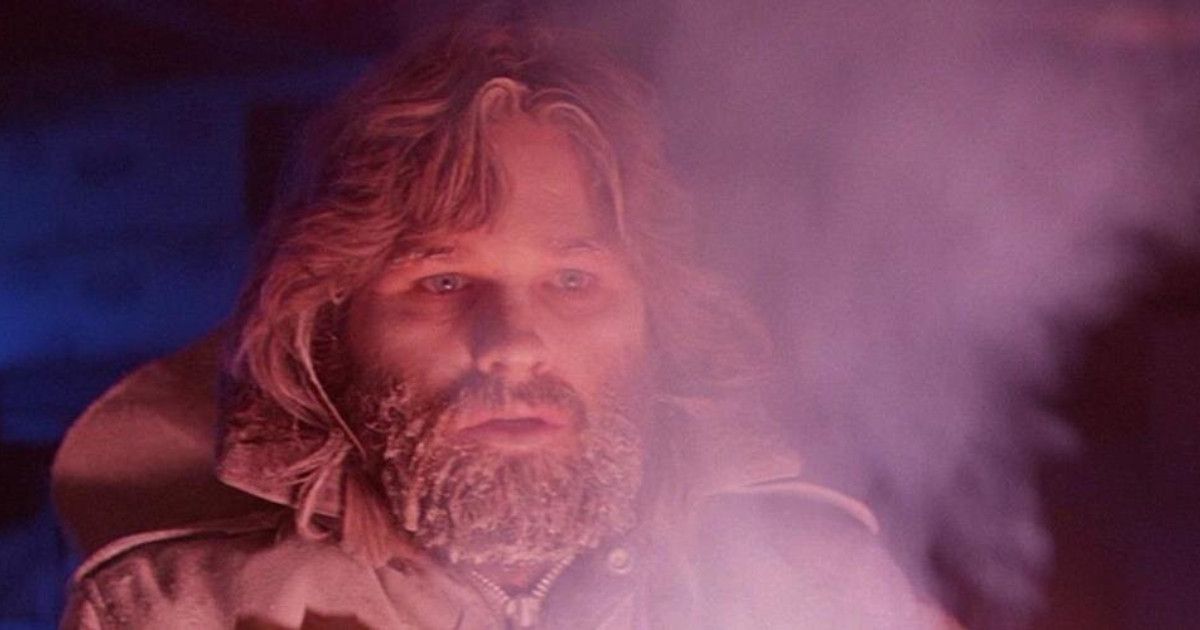As far as underrated and underappreciated movies go, they don't come much more glaring than the 1982 cult-classic, The Thing. While it now garners a lot more praise than it initially did back then, John Carpenter's success with Halloween may have inadvertently relegated it to forever remain in its shadow.
That doesn't necessarily mean that The Thing wasn't great, and actually, in many ways, it was a far superior movie. Aside from its cultural significance that is far better celebrated now, the film tended to get a raw deal back then for other reasons too. It was rejected by most critics who labeled it things like "boring" and "junk."
However, since being reappraised, its critical acclaim is perhaps now finally starting to catch up to what its actual identity arguably ought to have always been - one of the greatest science-fiction horrors of its time.
SPOILER ALERT: The analysis below contains spoilers of the movie it discusses.
Initial Critical Reaction to The Thing
When the film was first released over 40 years ago, it was largely panned by critics. Linda Gross, writing for The Los Angeles Times, described the movie as "despairing" and "nihilistic" (as reported in the excellent Story Screen Beacon article, "A Mutated Hindsight: The Reception Study of John Carpenter’s The Thing"), At the time, the country had been plunged into a severe recession and economic optimism was at an almost unbearably low point. This perhaps played a large part in why the movie's dark and disturbing themes weren't well received.
It isn't hard to see why The Thing was, therefore, viewed as being a pessimistic overture. At the time, ordinary people were desperately seeking any kind of optimism to latch onto amid the bleak economic situation (which also happened in Carpenter's They Live, to some extent).
In contrast to what audiences were hoping for, the film centered around a group of Antarctic researchers who stumble upon an alien creature and underestimate it at every turn, initially by incorrectly assuming it was dead. The creature's ability to assimilate and take on other forms leaves the members of the group distrustful of each other as they are picked off by the creature. However, the film's ultimate faux pas was its open-ended finale that left it severely doubtful that the only two remaining survivors of the whole ordeal could have lived much longer after escaping the entity, since they were trapped in freezing temperatures likely to eventually kill them. In retrospect, this is a heroic finale reminiscent of Casablanca, highlighting the importance of selfless sacrifice over personal gain.
Bad Timing
Elements like the one above and the timing of the movie coalesced to produce an overall disturbing and bleak outlook in an otherwise great movie that audiences simply weren't in the mood for at the time. Aside from all the gore and killing, the film seemed to miss its mark with audiences, whereas Halloween was generally well received at the time. Halloween also became a cultural icon of slasher films and grew into a massive film franchise. It's since been retrospectively given a 96 percent audience approval rating and is widely regarded as one of the best movies of 1978. With all this to compete with, The Thing was sorely doomed to always remain in its shadow.
Despite Halloween's ultimate success and wider appeal, The Thing featured a greater depth of filmmaking, had some amazing special effects for its time, and featured what might now be thought of as a courageous plot, given the pessimistic aura of its political and economic climate at the time.
Direct comparisons between the two are sometimes, therefore, unnecessary and frankly a little unfair. Since Halloween came out first and claimed the success it did, The Thing became a film that was foreshadowed by the significance already attached to John Carpenter's reputation by it — seemingly imprisoned and hamstrung into always being compared with it.
The legacy of The Thing proves that it was perhaps more significant than it ever got credit for. The movie's reappraisal saw its true legacy unleashed, and it is now widely regarded as a masterpiece of science fiction horror. The film has finally gained so much long overdue esteem. In that regard, its true nature was given recognition by many critics who now saw the film in a new light - one that was probably always meant to be the correct one. Simon Abrams of LA Weekly had this to say about it in 2016:
"The Thing died a noisy death when it debuted in 1982. In fact, this masterful paranoiac thriller about a vicious shape-shifting alien infiltrating a group of scientists stationed in Antarctica bombed so hard that director John Carpenter was fired from his follow-up gig working on Firestarter. (Roller Boogie director Mark L. Lester replaced him.) Still, while Carpenter and his collaborators initially faced a hostile reception, their apocalyptic vision — a riff on 1951's The Thing from Another World — has since been reclaimed by critics and fans as a horror milestone."
Legacy of The Thing
The Thing was actually a part of what's called the 'Apocalypse Trilogy,' with what Carpenter considered sequels, with 1987's Prince of Darkness and 1994's In the Mouth of Madness. It later saw a 2011 prequel being made, starring Mary Elizabeth Winstead, in an ambitious take that largely bombed, but it's been slated for a fresher and more ambitious remake by Blumhouse.
Whatever its shortcomings at the time, The Thing seems to be finally gaining a reputation as Carpenter's actual best work. In contrast, for all of Halloween's popularity among his fans, the franchise it spawned probably played a far bigger role in how significant it became compared to The Thing. Take away all that gloss, and it becomes painfully clear that The Thing was a far superior film, and probably should have been a far more significant one than Halloween became.


-3.jpg)

.jpg)